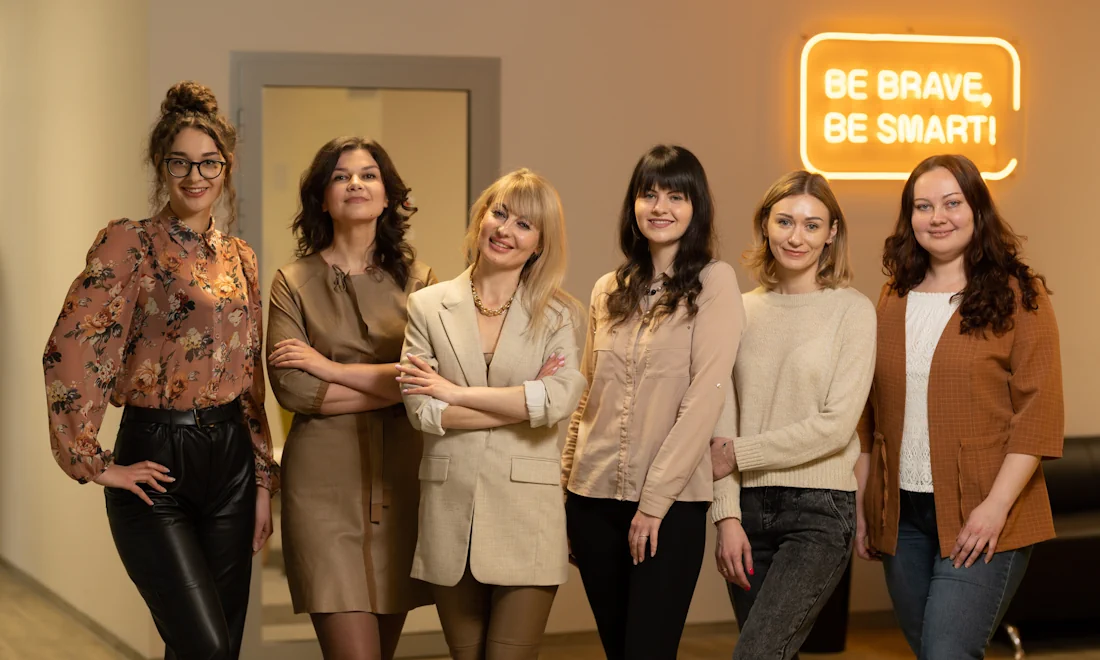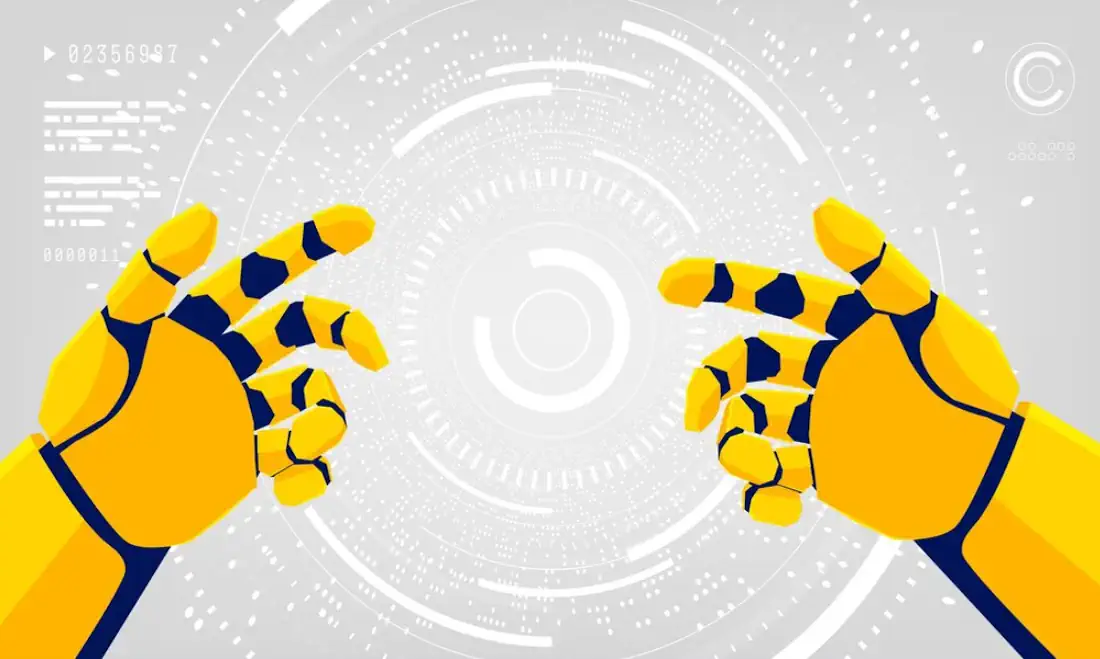Will AI Take Over Human Jobs?
The rapid progress of digital technologies, especially artificial intelligence (AI), has caused a lot of arguments in society. Some people think AI could lead to disastrous outcomes like in the Terminator movie, where it causes the downfall of humanity. Others believe the dangers of AI might not be immediate, but we still need to be careful and consider ethical issues. The truth is probably somewhere in between, so let’s look at the facts and data objectively.
A study by OpenAI, the company behind the famous Chat GPT chatbot, showed that AI could affect certain jobs in the future. They identified a list of “vulnerable” jobs, including mathematicians, translators, writers, web designers, and many more. These jobs involve working with numbers and words, which AI can handle faster. By 2030, AI might automate about 30% of jobs, leading some workers to change professions, possibly moving towards manual labor. This raises the question of whether it’s a good thing or not.
AI has made significant progress with machine learning and neural networks, allowing it to do tasks like recognizing speech, playing chess, and diagnosing diseases. However, for now, AI mostly assists humans rather than competing with them, needing human oversight.
In the next decade, the job market will likely transform, but not everyone will be unemployed. More significant changes might take 40-50 years, giving us time to create rules and systems for AI in the workplace. Additionally, we should be aware of another concept, artificial consciousness, which could lead to machines doing even more complex tasks independently.






